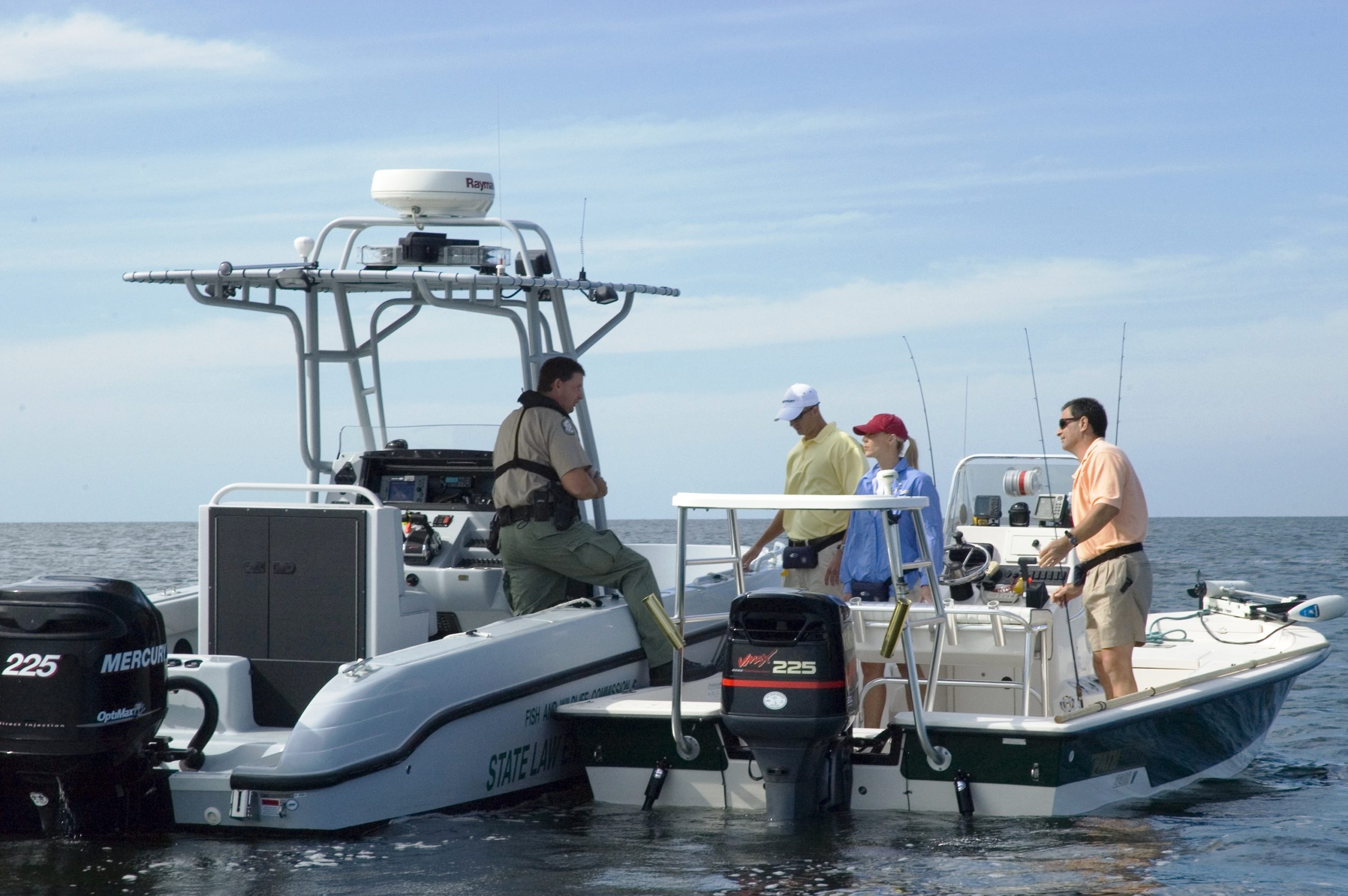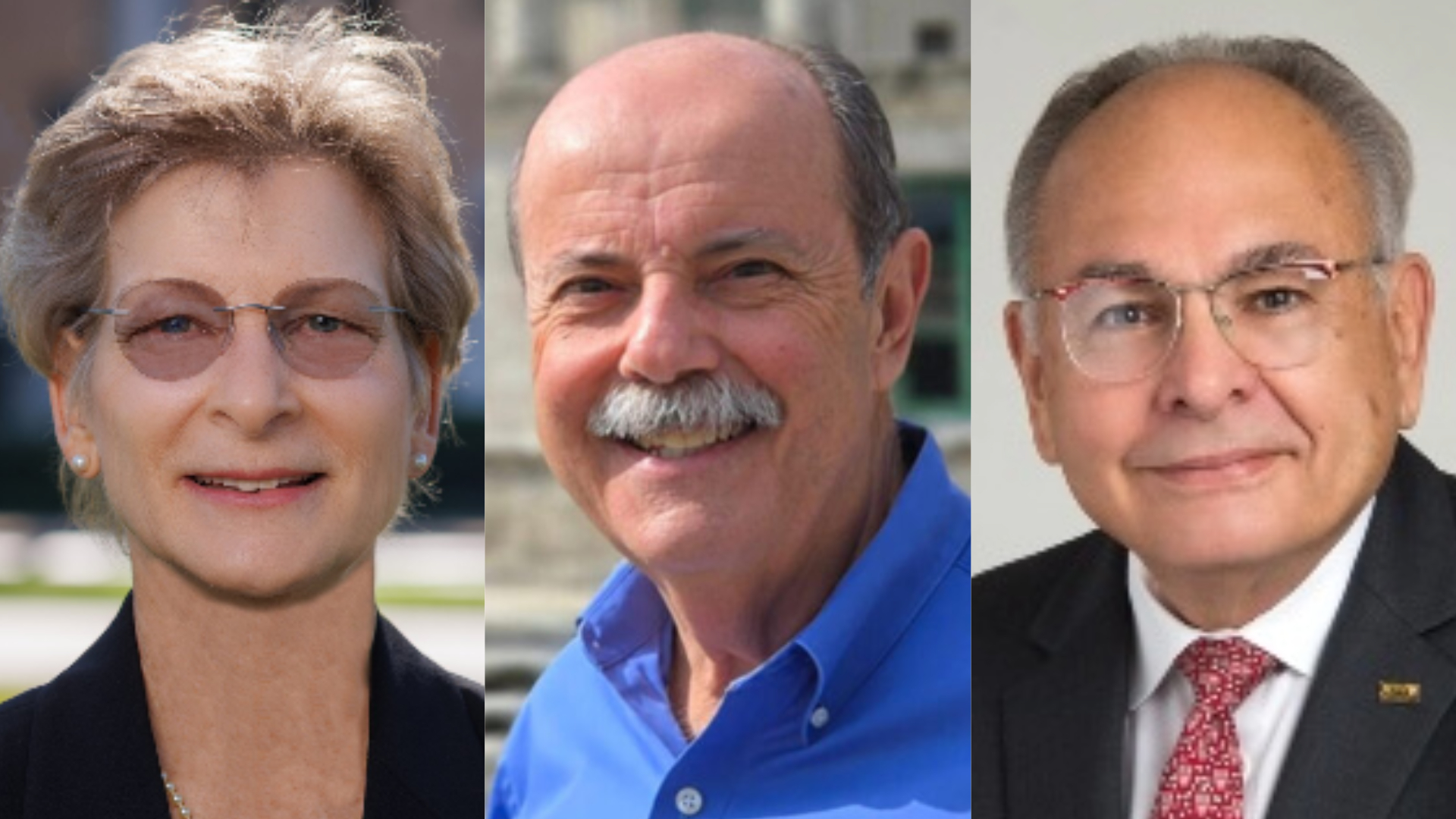The Health Care Facilities & Systems Subcommittee has advanced a measure that seeks to establish specific standards and operational requirements for facilities providing memory care services in Florida.
Miami Republican Rep. Mike Redondo presented the bill (HB 493). He said it intends to provide minimal standards for the Agency for Health Care Administration (AHCA) to ensure that patients who are receiving memory care services actually receive them.
“I was surprised to learn that AHCA does not have the regulatory authority to regulate facilities that advertise themselves as providing memory care services in the state of Florida,” Redondo said.
“What this bill’s intended to do is to provide some fairly minimal standards frankly, but minimum standards I think are necessary to ensure that patients who are receiving memory care services and family members contracting for memory care services are actually receiving appropriate care and will protect the citizens of Florida in these facilities.”
Memory care facilities would be required to implement policies and offer activities specifically designed for memory care. The facilities would be required to have at least one member of staff working at all times who is trained in CPR and first aid and awake during their shift.
Facilities who advertise memory care would be required to provide clear disclosures about services they offer and maintain copies of these for license renewal.
Jason Hand, from Florida Senior Living Association (FSLA), opposed the bill and said that while the bill is commendable, it needs additional refinement.
“There are aspects of the bill that FSLA supports,” Hand said.
“For example, we support the requirement that a memory care provider have at least one staff member present and to be CPR and first aid certified. We also support the need to provide transparency for ALS (facilities) that claim to provide memory care services, but the resident contract does not appropriately reflect such. While the goals are commendable, we believe it requires additional refinement, therefore we respectfully oppose the bill at this time.”
Hand noted that some of the language could blur the lines between different issues.
“For example, the shift from Alzheimer’s disease or related disorders to Alzheimer’s disease, dementia, or other memory disorders, expands the scope too far.” Hand said. “This could pull in (up to) 18,000 additional residents, including those with mild cognitive issues not requiring specialized care. It also risks blurring the line between residents with dementia and those in limited mental health.”
Hand urged further clarification be added into the legislation.
“Additionally, there are undefined terms that risk confusing seniors, their families and providers. Without clarity, ALS offers optional activities to sharpen mental acuity, not true memory care,” Hand said.
AHCA Deputy Secretary Kim Spoke, said the legislation would bolster protections for seniors in assisted living facilities.
“The civil tsunami that Florida expected to see, you know, why not a better time than this point to put a little more parameters and guardrails around our assisted living facilities as they relate to memory care?” Spoke said.
“These are very minimal standards that we put in place and worked with our bill sponsor on adding, again, just some additional guardrails to ensure there’s protections of our residents, our seniors in our assisted living facilities.”
Spoke said over the past few years, concerns have been raised around services being provided in these facilities, and the lack of memory care-focused facilities.
“We have about 3,000 assisted living facilities in this state, and we have about 26 or 30% of those assisted living facilities that claim to provide memory care,” Spoke said. “Over the past several years, we have had significant, very concerning or egregious findings related to services in our assisted living facilities providing care to residents who are memory care.”
Spoke added that those advertising as memory care facilities need to provide the services they’re advertising.
“So again, these are very minimal requirements that we feel are necessary to protect our seniors in our assisted living facilities,” Spoke said. “But if you’re advertising that you’re providing memory care, you add some additional language into the contract to say you’re providing that of what you’re going to be providing.”
In closing, Redondo said the legislation would ensure some of the deficiencies that have been discovered are fixed.
“This is a very particular area, to me at least, my grandfather had Alzheimer’s growing up,” Redondo said.
“These are some of our most vulnerable Floridians in some of these facilities. Some of these requirements are very basic and simple. There’s about four times as many non-memory care facilities in the state as there are memory care facilities, but going back to about 2020, AHCA determined that there were even more findings, more deficiencies with memory care facilities than all other facilities. Again, there is a concern here.”
Post Views: 0

 Entertainment8 years ago
Entertainment8 years ago
 Politics8 years ago
Politics8 years ago
 Entertainment8 years ago
Entertainment8 years ago
 Entertainment8 years ago
Entertainment8 years ago
 Tech8 years ago
Tech8 years ago
 Tech8 years ago
Tech8 years ago
 Tech8 years ago
Tech8 years ago
 Politics8 years ago
Politics8 years ago









